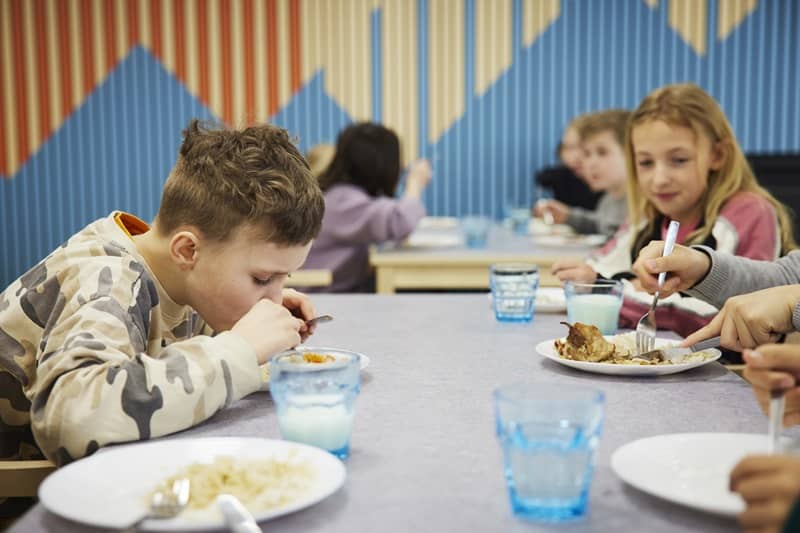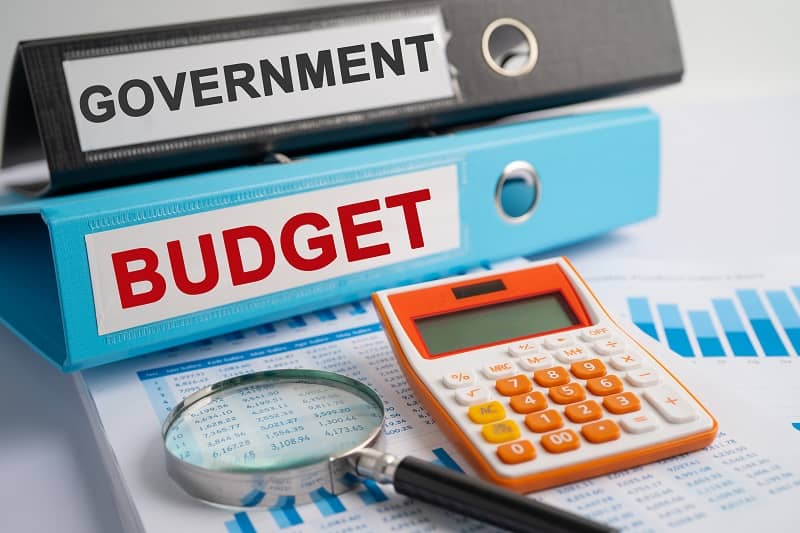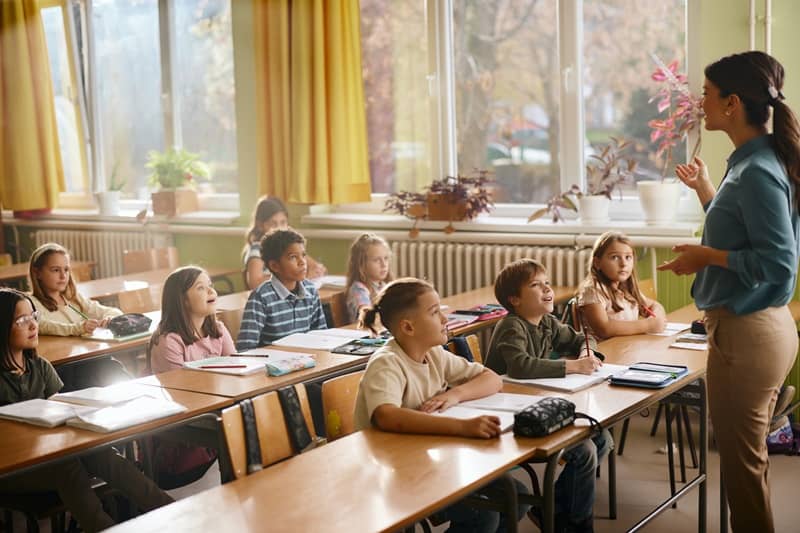By John A. Charles, Jr.
Thirty years ago, an iconic goal of liberal activists was to offer a free breakfast for all public school students, regardless of family income.
In response, Congress authorized a three-year pilot program to test the effects of universal free meals for students.
In 2004 the USDA Economic Research Service published the results of what it called the “definitive data on the impact of universal-free breakfast participation.” The study compared gains in standardized test scores for reading and math for universal-free breakfast participants and nonparticipants, and found “no significant differences.”
Nonetheless, today more than 90% of Oregon public schools provide both a free breakfast and a free lunch to all students. Activists hope to make it 100% of students in 2025.
If they succeed, it’s unlikely that they will stop there. The next demand will be universal free dinners as well. It doesn’t matter that subsidized meals are unnecessary for most families, or that state intervention undermines the role of parents.
From the standpoint of advocates, the primary goal is to make as many services as possible free to students, whether it’s food, computers, or birth control.
Parents aren’t considered to be important. In fact, they are treated as a nuisance in such matters as school discipline or gender pronouns.
Parents who care about their children should continue to feed them breakfast at home, and pack them a lunch. “Free” is not always a good price when it comes to developing moral character in children.
John A. Charles, Jr. is President and CEO of Cascade Policy Institute, Oregon’s free market public policy research organization.













Damian Park
In Berkeley, CA, we have free meals as well, including breakfast. One result is that teachers routinely have extra apples or pears, and I have made the effort to collect the excess each week and regift them. But otherwise, much of this fruit was being composted, and likely is at other schools.
It seems to me that one of the main reasons to push for universal free lunch is to get rid of the stigma of being poor. There is some truth to that, but at what cost, and what benefit? Benefit: Students figure out who is poor (those who care, that is) anyway, so not very large. Cost? Meals aren’t free, and although large cafeterias likely achieve some higher food quality associated with more people feeding, they also have a harder time keeping the temperature and other aspects of quality high with multiple lunch periods and many kids depending on them. Thus, the end result is a lot of thrown away food as well.